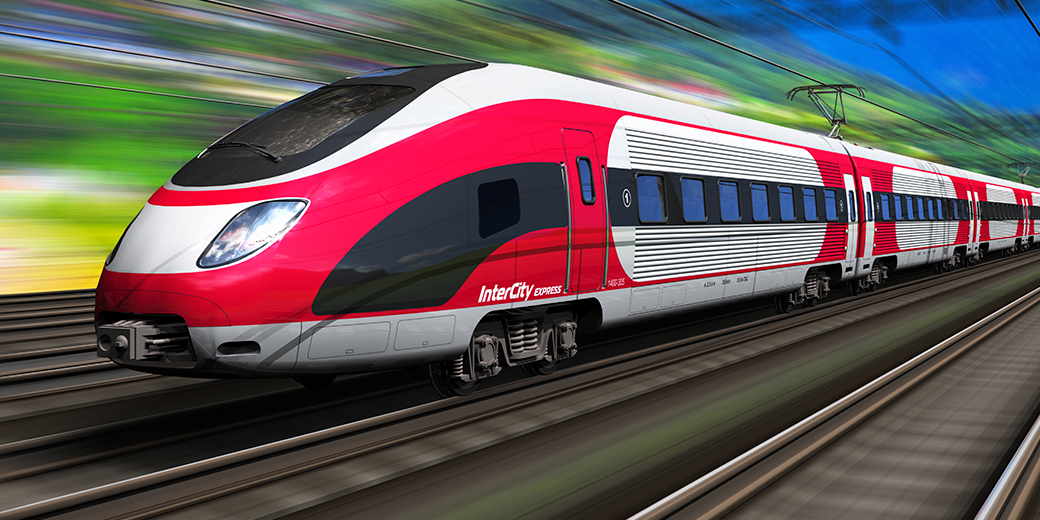Jakarta-Bandung High Speed Rail: Construction to Speed Up
|
China won the tender for Jakarta-Bandung high-speed rail (HSR) development in September 2015, through a Joint Venture (JV) company – Kereta Cepat Indonesia China (KCIC), as it required no funding and a financial guarantee from the Indonesian government (i.e. business-to-business approach). |
|
Around 75% of the project cost of USD 6.07 billion will be funded through a loan from the China Development Bank (CDB); the remaining 25% will be funded by the equity of KCIC. It has been reported that loan disbursement is contingent on the progress of land procurement. |
|
After years of delay since the project’s groundbreaking in January 2016, a meaningful portion of the loan has finally been distributed in stages during 2018 (a total of USD 1.1 billion or around 24% of the entire loan) as land acquisition progressed significantly to around 80% in October 2018 (96% by April 2019). The loan proceeds from CDB has already been used to meet various needs such as for securing more land and paying the downpayment required by the contractor. Consequently, KCIC expects the overall completion rate to rise considerably to around 60% by end-2019 (April 2019: 15%), and for the HSR to be ready for public use by 2021. |
|
In order to improve profitability, KCIC is also planning to develop property projects around the rail stations simultaneously with the development of the HSR. The cumulative revenue estimate for these property projects has recently been reduced by 26.5% to IDR 266 trillion (USD 18.7 billion) by 2070, from the previous IDR 362 trillion or USD 25.9 billion (over 40 years) at an estimated 20-30% profit margin. The cash flow generated from the real estate business will be used to supplement ticket sales to help service debt payments when required. |
|
Given that land acquisition progress is nearing completion, and a meaningful portion of the loan has been distributed recently to fund physical construction, we now see a decent probability that the HSR project may be completed latest by the 2024 presidential election. However, we remain concerned about the commercial viability of the project mainly due to the high ticket price (50% higher than the cost of using private cars and 88% than the train service), and the ability of the real estate business to meet its top and bottom-line targets should the HSR incur losses. |
|
Report Index |
|
|
The full report is only available for SPEEDA subscribers. |
|
If you would like to find out more about this report and what SPEEDA is able to offer, please kindly reach us at sp-asia.mktgroup@uzabase.com |
|
If you are subscribed to SPEEDA, please click on the following link to access the full report. |
| https://www.ub-speeda.com/article/reportarticle/repId/UBSPD000181?15 |



